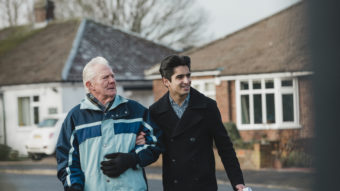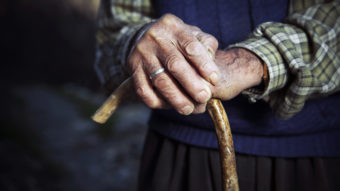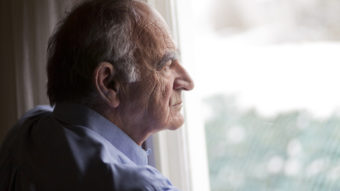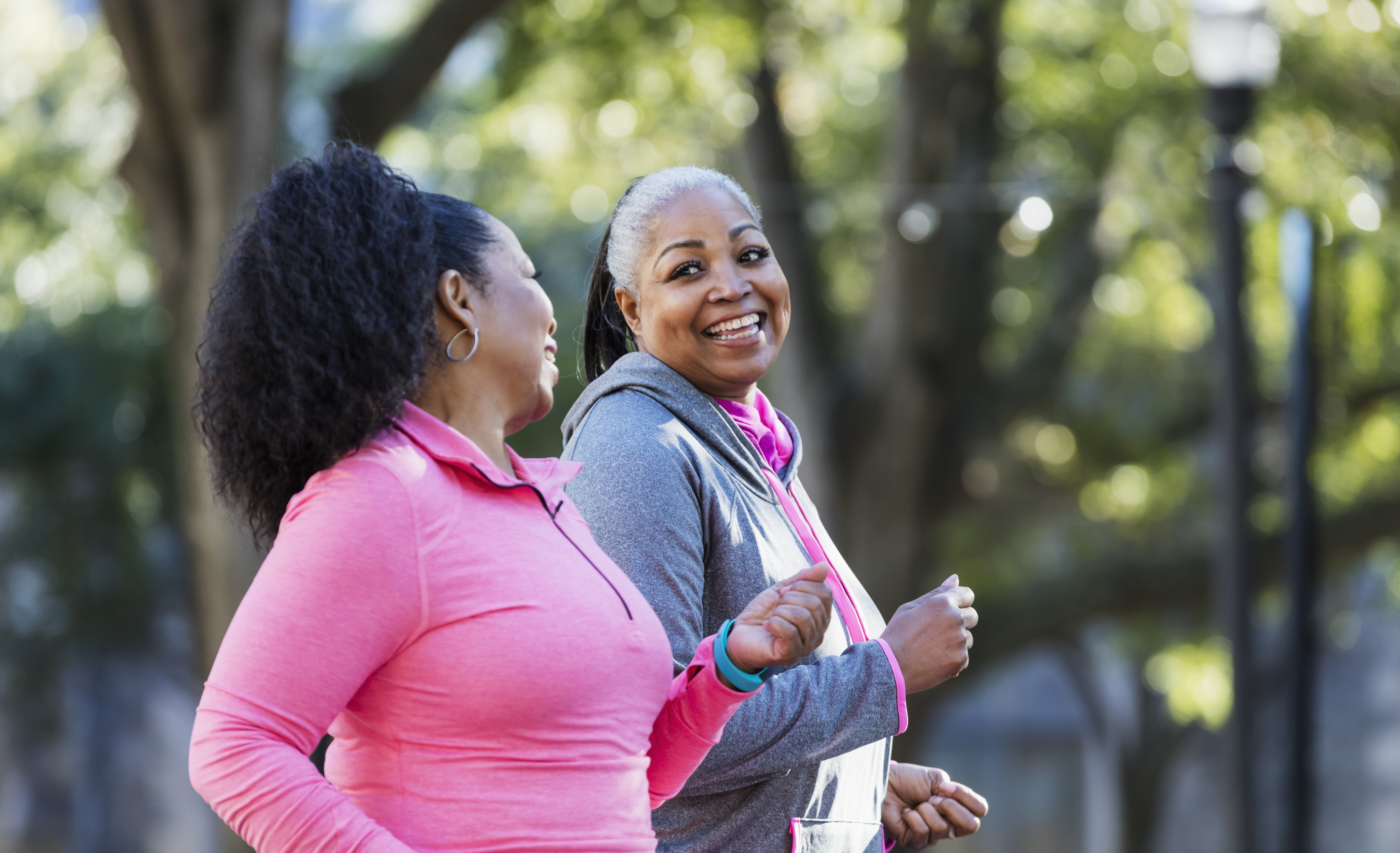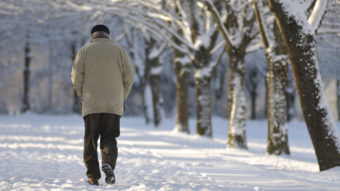Wondering how you can help your community be connected? Check these resources to see what other researchers are studying and writing.
Using an app, Mon Ami pairs California’s Bay Area students with elderly people to support their emotional wellbeing.
McGregor is one of 18 rural communities running the program called AGE to age. It connects more than 4,000 youths with almost 2,500 older adults annually.
In the study sponsored by the AARP, researchers from the University of Michigan surveyed a group of about 2,000 Americans ages 50 to 80. More than a third of seniors in the poll said they felt a lack of companionship at least some of the time, and 27% said they sometimes or often felt isolated; most of the people who said they lacked companionship also felt isolated, and vice versa. Almost 30% said they socialized with friends, family or neighbors once a week or less.
- Article
Loneliness is an epidemic with real public health consequences. Friends alone can’t solve it
Recent research indicates that loneliness and social isolation are risk factors for depression, impaired cognitive performance, dementia progression, compromised immune system, cardiovascular disease, hypertension, stroke and an overall increased mortality risk.
Being socially active in your 50s and 60s may help lower the risk of developing dementia in later life, a study has found.
Four surveys (by Cigna, AARP, the Kaiser Family Foundation and the University of Michigan) have examined the extent of loneliness and social isolation in older adults in the past year. And health insurers, health-care systems, senior housing operators and social service agencies are launching or expanding initiatives.



